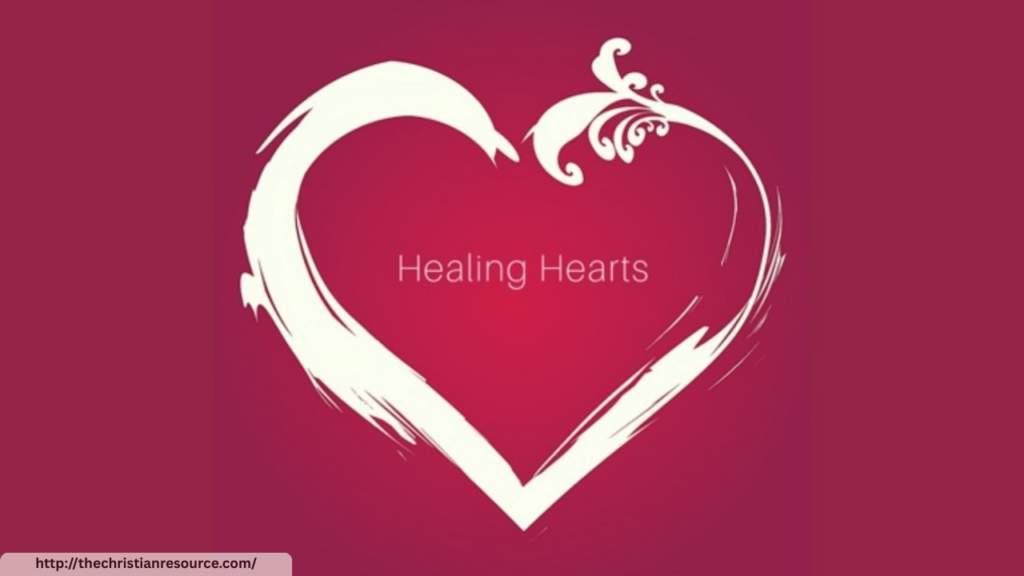
Addiction is a powerful and complex struggle that affects millions of people, including faithful believers. It can leave individuals feeling ashamed, isolated, and spiritually broken. But within the Christian faith lies a powerful message of hope, healing, and restoration. Faith-based approaches to addiction recovery offer more than temporary relief—they point to lasting freedom found in Jesus Christ. As members of the Body of Christ, believers are called to support, guide, and walk alongside those battling addiction with compassion, truth, and love.
Understanding Addiction Through a Spiritual Lens
In the Christian worldview, addiction is not just a physical or mental issue—it is a spiritual battle. It involves the struggle between the flesh and the Spirit, between temporary satisfaction and eternal truth. Galatians 5:1 tells us, “It is for freedom that Christ has set us free. Stand firm, then, and do not let yourselves be burdened again by a yoke of slavery.” Addiction, in many ways, is a form of slavery that keeps individuals bound by unhealthy desires.
Understanding addiction as a spiritual issue helps Christians approach it with grace and hope. It is not about condemnation, but about redemption. Every believer, no matter their past, is a candidate for God’s transforming power.
The Role of Faith in Recovery
Faith-based approaches to addiction begin with recognizing that true healing comes through Christ. Programs like Celebrate Recovery and similar church-based ministries combine biblical truth with practical recovery steps. These programs emphasize the need for a personal relationship with God, confession, accountability, and a supportive community.
Prayer, scripture reading, worship, and discipleship play vital roles in this type of recovery. These spiritual disciplines help those in recovery reconnect with God, renew their minds, and replace destructive habits with godly ones. Romans 12:2 encourages believers to be “transformed by the renewing of your mind.” Through faith, people in recovery are not just managing behavior—they are becoming new creations in Christ.
How Christians Can Help Fellow Believers
Christians have a vital role to play in helping fellow believers walk toward freedom from addiction. Here are several key ways to provide support:
- Show compassion, not judgment – Addiction is often rooted in deep pain or trauma. Offering a listening ear and a loving heart can open the door to healing.
- Pray regularly and specifically – Prayer invites God into the healing process. Whether it’s private intercession or praying together, it’s a powerful tool.
- Offer accountability and encouragement – Checking in regularly, offering biblical guidance, and encouraging church involvement helps keep recovering individuals grounded.
- Connect them to faith-based recovery resources – Pointing others to Christian counselors, support groups, or church programs can give them tools they need for lasting recovery.
- Share your testimony – If you or someone close to you has experienced victory over addiction, your story can inspire others to believe that freedom is possible.
Conclusion
Faith-based approaches to addiction recovery offer real, lasting hope rooted in God’s love and power. As Christians, we are called to walk with one another through every trial, including addiction. By offering prayer, support, accountability, and spiritual guidance, believers can help others experience the freedom that only Christ can provide. In Him, no one is beyond healing—and every broken heart can be restored.
